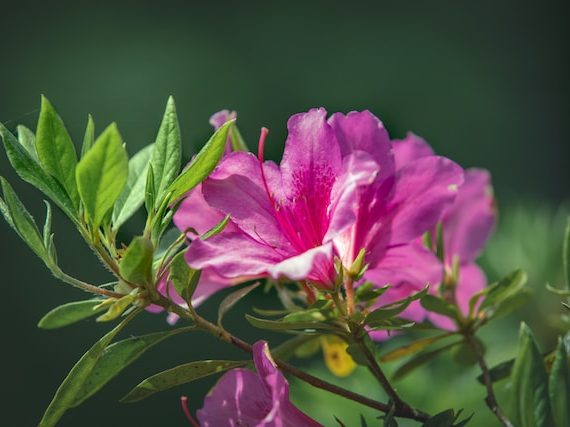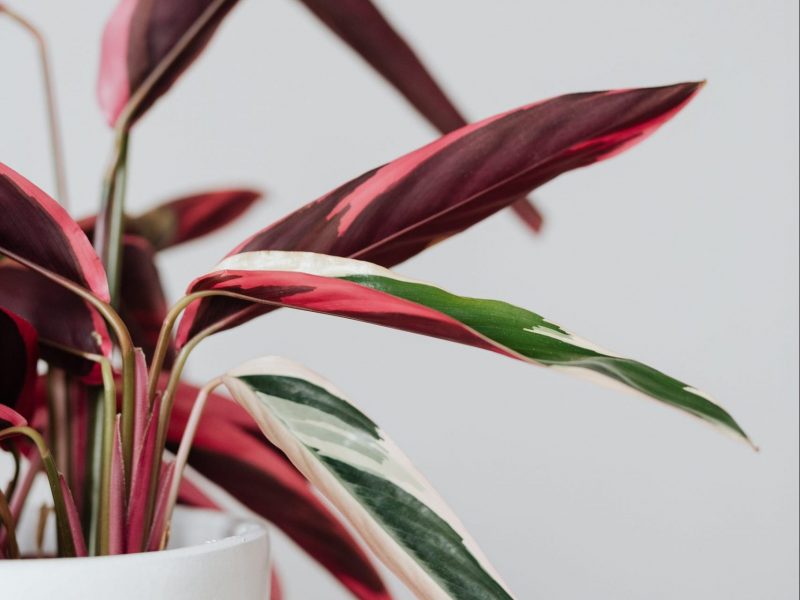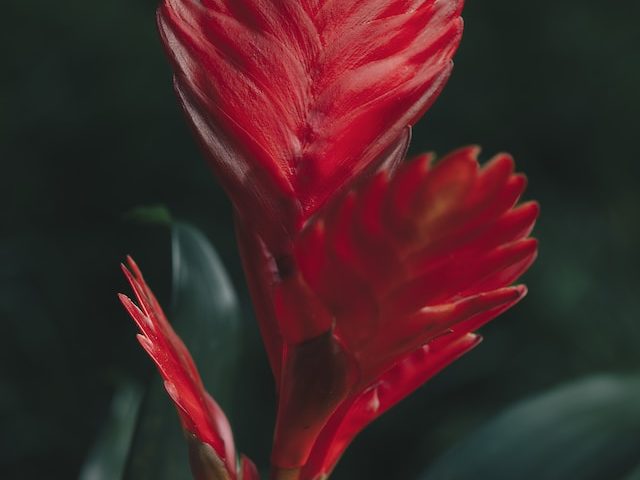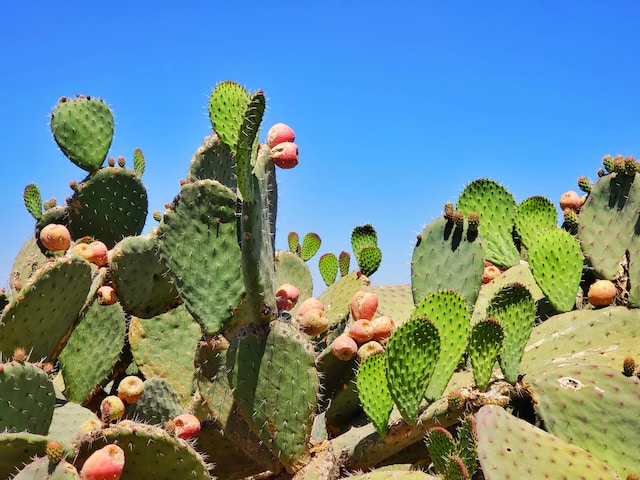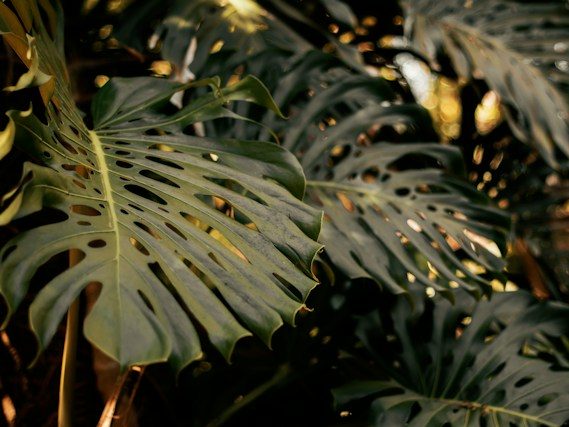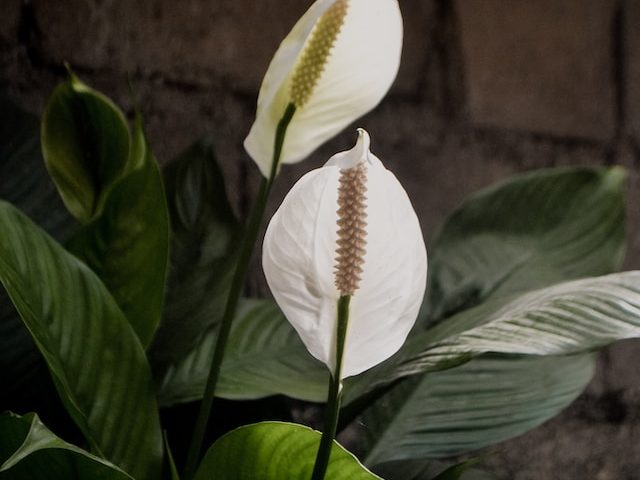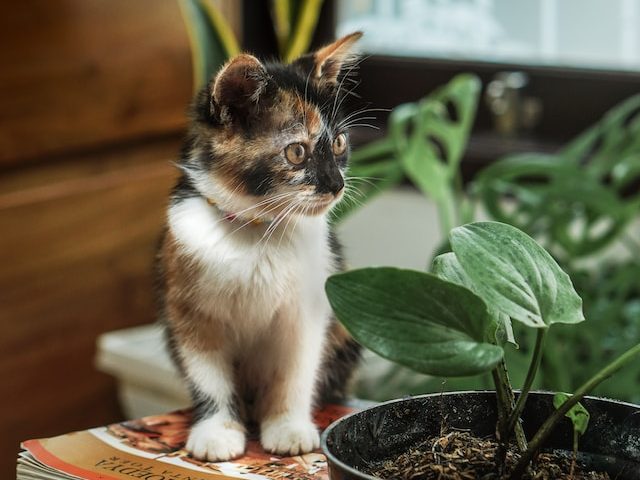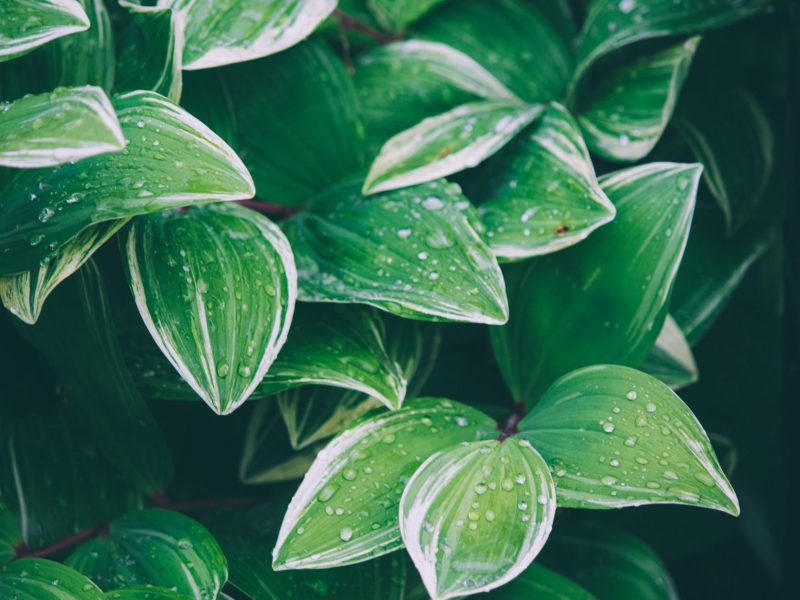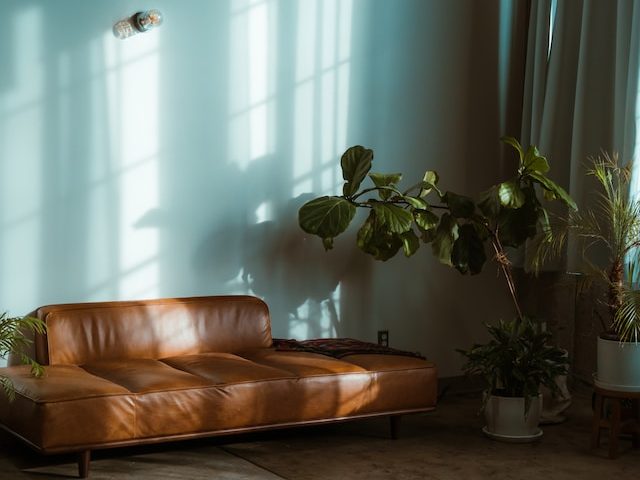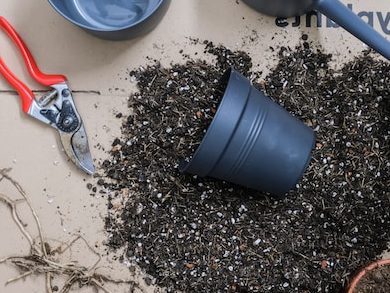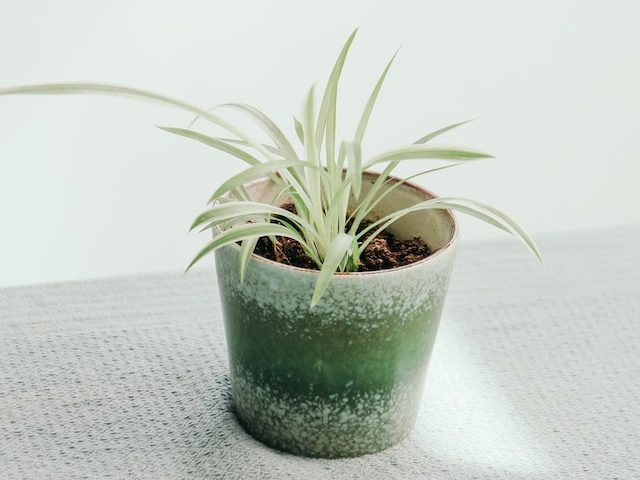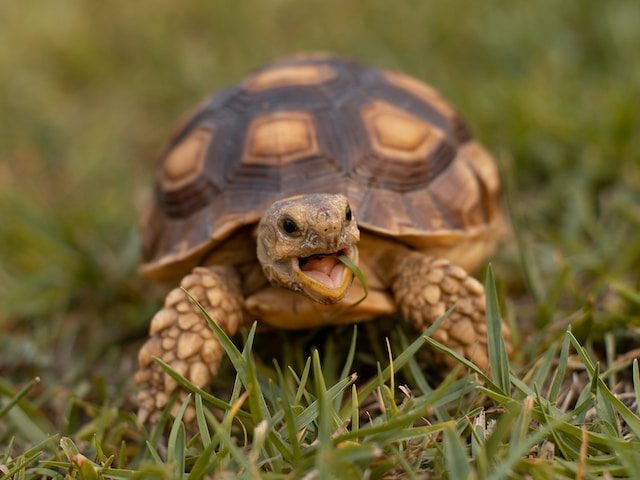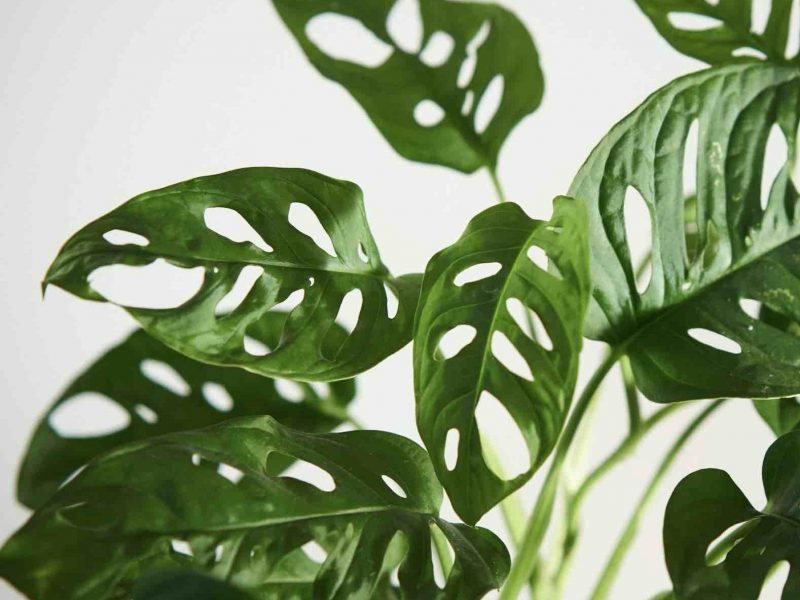
If you have noticed that your Monkey Mask Monstera has started to develop curling leaves, then it definitely means something isn’t quite right. This can be either in its environment or something to do with the care routine (or sometimes a mixture of the two which can be confusing to diagnose properly). However, if there are no other signs of unhappiness on your plant, this should mean you have caught the problem relatively early as curling leaves tend to be one of the first signs of trouble.
In this article, we will go through each of the causes of curling leaves on a Monkey Mask Monstera. We will also guide you through the process of treating the problem and stopping it from happening again in future.
Underwatering is the most common cause of curling leaves
If the leaves on your Monkey Mask Monstera are starting to develop brown tips, edges, spots or entire leaves are turning brown as well as curling, then it may be due to underwatering. However, as curling leaves are one of the earlier signs of trouble, it could mean it’s in the very early stages of suffering due to underwatering so don’t disregard it if you can’t spot any of the other signs.
Monkey Mask Monstera plants like to have some moisture in the soil which makes this one of the most common reasons for this issue. Because of this, we tend to take a little but often approach when it comes to watering to ensure the potting mix doesn’t fully dry out for too long.
If you think your Monkey Mask Monstera has been underwatered and this is causing the curling leaves then check the soil before you change anything (this is very important). You want to make sure the soil definitely is dry before giving it more water as otherwise, this can cause more issues than the curling leaves (brown, yellow, droopy and soft leaves to name a few).
The most reliable way to check the moisture levels in the soil is by using a moisture meter or removing your plant from its pot. The latter also allows you to inspect the roots to see if they are dry and crispy. If they are, then it suggests you’ve been underwatering for a while.
The best thing to do to treat an underwatered Monkey Mask Monstera is to gradually introduce water over the course of a week. This will help the soil really moisten up and won’t shock your plant.
To prevent further underwatering in future, it’s important that you increase the frequency or amount of watering. You want to prevent the soil from fully drying out for extended periods of time as this can mean the roots start to crisp up and can’t transport the needed moisture, nutrients and oxygen to the plant.
Curling leaves can indicate low humidity
If your Monkey Mask Monstera has brown dry leaf tips as well as curling leaves, then a lack of humidity may be the cause. Monkey Mask Monsteras will struggle in homes with quite dry air and this can be particularly damaging in winter due to heating and less ventilation.
However, then there are some really easy and cheap solutions that will instantly boost the humidity:
Mist the leaves every few days
This is one of the easiest ways to increase the humidity for your Monkey Mask Monstera and solve the issue of curling leaves. We really recommend getting into the habit where you are misting your plant several times a week.
Give your Monkey Mask Monstera a shower
One simple thing you can do to instantly boost the humidity for your Monkey Mask Monstera and stop the leaves curling is showering your plant. You want to be careful about water pressure though as if it’s too strong it can damage the leaves and stems of your plant. Showering is also great at removing dust from your plant which helps maximise the light reaching the leaves. This is why we recommend doing it every few other month or so regardless of any issues.
Buy a humidifier
If you want to take all the worries away from keeping a steady humidity level for your Monkey Mask Monstera and prevent more curling leaves, then buying a humidifier is definitely the best option for you. They can be really affordable and will raise the humidity pretty quickly. They are a must have for any plant parents with tropical and humidity-loving plants.
Curling leaves can be caused by pests
Whilst it is less common than the issues we listed above, it’s important to rule out a pest infestation as the cause of the curling leaves on your Monkey Mask Monstera.
If you have been growing your Monkey Mask Monstera outdoors for some of the year, the likelihood of pests is a lot higher. This is why we strongly recommend all parents moving plants from outside to inside fully inspect their plants to ensure they aren’t exposing their houseplants to pests.
If you find bugs on your plant, cut away the worst affected leaves and repot the potting mix. This is a temporary way to cut down the size of the infestation which makes it a little easier to tackle for a while. Then shower your plant and treat with both neem oil and an insecticide.
You also want to fully check over your other plants in the room/home to see if any other plants have pests. It is vital that you keep your infected Monkey Mask Monstera (and other infected plants) a good distance away from any of your other houseplants as some pests can easily jump between leaves hanging close to each other.
Those are the most common reasons why your Monkey Mask Monstera has developed curling leaves. Hopefully, if there aren’t too many other problems along with the curling leaves then you should have caught the problem fairly early and after a few simple changes, your Monkey Mask Monstera should be back to full health in no time.
If you want to find out more about keeping your plant happy and healthy, read through our Monkey Mask Monstera care guide.



